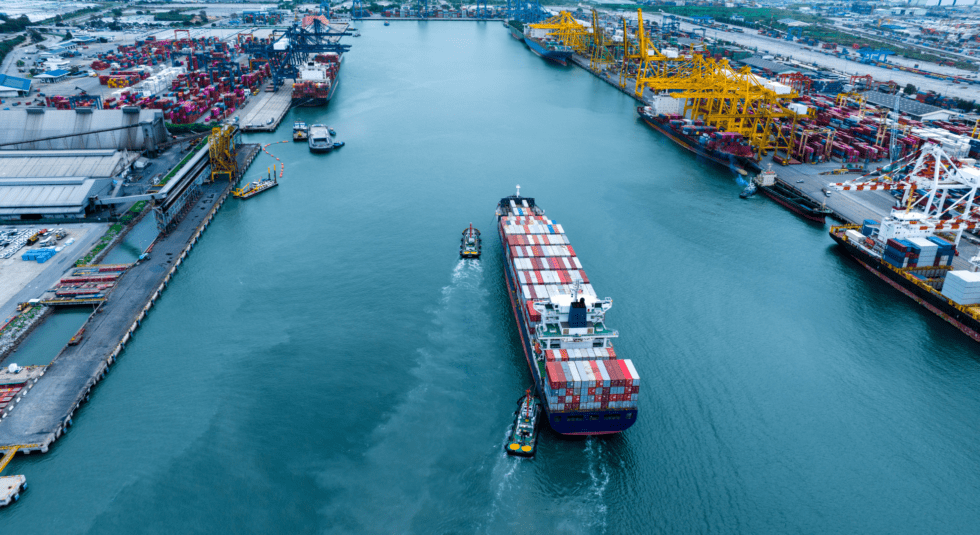The maritime industry plays a huge role in global trade. Ships transport everything from food and electronics to oil and construction materials across oceans. But with such massive operations come big risks. This is where marine liabilities insurance comes in—it helps shipowners, operators, and cargo handlers deal with the many liabilities they might face at sea.
In this article, we’ll explain what marine liabilities are, explore the common types, and show how marine liabilities insurance helps manage these risks.
What Are Marine Liabilities?
Marine liabilities are legal responsibilities that arise from operating vessels and handling cargo at sea. When something goes wrong—like a collision, oil spill, or injury on board—a company may be held responsible and have to pay for the damages or losses.
These liabilities can involve:
- Damage to other vessels or property
- Injury or death of crew, passengers, or third parties
- Environmental pollution
- Cargo damage or loss
- Contractual liabilities
Without proper insurance, these costs can be financially devastating. That’s why marine liabilities insurance is essential for businesses in the maritime industry.
1. Collision Liability
A ship might accidentally hit another vessel or structure (like a dock or bridge). When this happens, the shipowner may be held liable for:
- Repairs or replacement of the damaged vessel or property
- Legal fees
- Injury or loss of life caused by the collision
How Insurance Covers It:
Marine liabilities insurance helps cover these expenses, including third-party damages and legal defence costs. This kind of protection is often included in a Protection and Indemnity (P&I) policy.
2. Cargo Liability
Ships carry all sorts of cargo—food, electronics, oil, chemicals, cars, and more. If the cargo gets damaged, lost, or stolen during transit, the shipping company may be held liable, especially if it was due to negligence.
Common Causes of Cargo Loss or Damage:
- Poor loading or stowage
- Fire or water damage
- Theft or piracy
- Mechanical failure
How Insurance Covers It:
Marine liabilities insurance provides cargo liability coverage to protect carriers against legal claims from cargo owners. It ensures that the company doesn’t have to pay out-of-pocket for damages caused by covered incidents.
3. Pollution Liability
Accidental oil spills and chemical leaks are serious environmental disasters. The shipowner is often responsible for cleanup costs and damage to marine life and ecosystems.
How Insurance Covers It:
Pollution liability is a major part of marine liability insurance. It covers:
- Cleanup and containment costs
- Fines and penalties
- Legal expenses
- Compensation for environmental damage
Some regions even require vessels to carry pollution insurance by law.
4. Crew and Passenger Liability
Working at sea can be dangerous. Crew members might get injured or even lose their lives due to accidents, rough weather, or equipment failures. Passengers, if carried, can also be injured during a voyage.
How Insurance Covers It:
Marine liabilities insurance helps shipowners cover:
- Medical bills
- Disability or death compensation
- Repatriation costs
- Legal claims by injured parties
This coverage ensures that companies meet their legal and moral obligations to protect human life on board.
5. Wreck Removal Liability
If a vessel sinks, authorities may require the owner to remove the wreck. This is often the case if it poses a danger to navigation or the environment.
How Insurance Covers It:
Wreck removal can be extremely costly, especially in deep or dangerous waters. Marine liabilities insurance covers the expense of locating, marking, and removing sunken vessels when legally required.
6. Fines and Penalties
Maritime companies must follow strict international and local regulations. Failing to comply—whether due to pollution, documentation errors, or safety violations—can result in heavy fines.
How Insurance Covers It:
Marine liabilities insurance often includes coverage for specific fines and penalties (if not due to intentional or criminal acts). It helps protect businesses from the financial impact of unexpected violations.
7. Contractual Liabilities
Shipping contracts, such as charter party agreements and cargo transport deals, come with responsibilities. If a company fails to meet its contract terms—like delivering cargo late or to the wrong port, they may be sued for breach of contract.
How Insurance Covers It:
Some marine liability insurance policies offer coverage for specific contractual liabilities, especially if the breach occurred due to an insured risk, like engine failure or natural disasters.
Why Marine Liabilities Insurance Matters
Running a vessel is risky. Accidents, natural disasters, human errors, and even piracy can lead to major losses. Having the right marine liabilities insurance means:
- Financial protection from costly claims
- Legal defence support
- Compliance with international maritime regulations
- Peace of mind for shipowners, operators, and stakeholders
Without it, one accident could sink an entire business—literally and financially.
Take Away
Whether you’re shipping goods, operating vessels, or working at a port, the risks at sea are real. Marine liabilities are wide-ranging and often unpredictable, from collisions to pollution to crew injuries. That’s why having solid marine liabilities insurance is not just smart—it’s necessary.
This type of insurance helps keep businesses afloat when unexpected problems arise. It covers everything from legal costs to cleanup fees, ensuring that maritime operations can continue with confidence.
If you’re involved in the maritime world, talk to a marine insurance expert to make sure you have the right coverage. It’s one investment that can truly save your ship.
